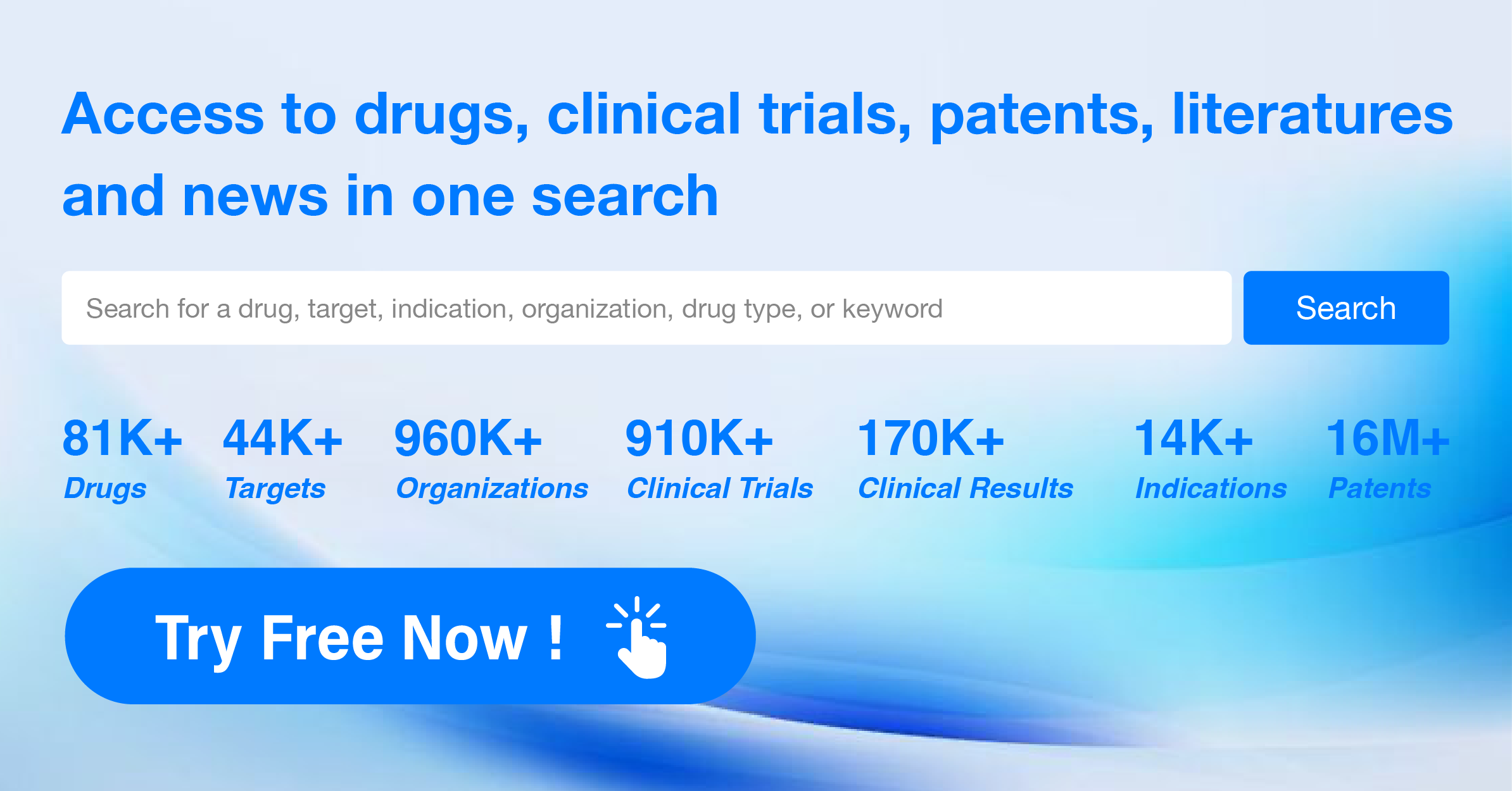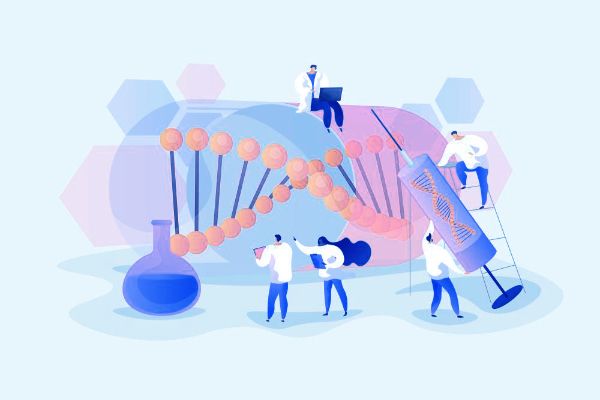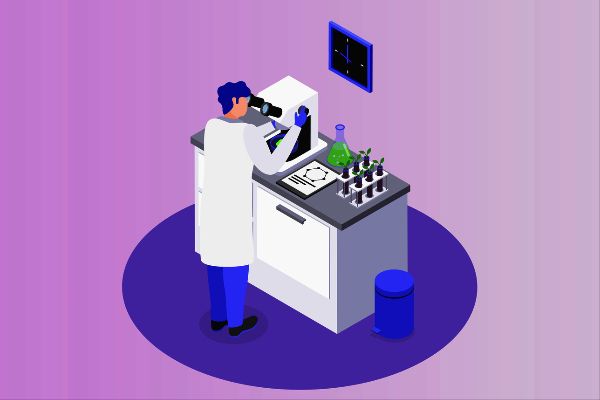What is the difference between synthetic peptides and recombinant peptides?
Synthetic peptides and recombinant peptides are two different methods for the preparation of peptides, and they differ in their production processes, technical principles, application fields, as well as possible costs and scales.
·Production Process:
Synthetic peptides: Typically refer to the preparation of peptides by chemical synthesis methods, which involves linking amino acids together to form a peptide chain with specific sequences using solid-phase synthesis (such as the Fmoc or Boc method) or liquid-phase synthesis.
Recombinant peptides: Are prepared by biotechnological methods, such as expressing the genes of specific peptides in host cells (such as E. coli, yeast, or mammalian cells) using recombinant DNA technology, and then extracting and purifying the target peptides from these cells.
·Technical Principles:
Synthetic peptides: Rely on chemical synthesis techniques, building the peptide chain by sequentially adding amino acids and forming peptide bonds. This method allows for precise control of the peptide sequence and modifications.
Recombinant peptides: Depend on biological processes, synthesizing the peptide within a living organism as encoded by DNA sequences. This method can utilize the organism's natural mechanisms for folding and modifying peptides, sometimes resulting in a product that is closer to its natural form.
·Application Fields:
Synthetic peptides: Widely used in research, drug development, diagnostic reagents, etc., particularly suitable for the preparation of short peptides and those difficult to produce by biotechnological methods.
Recombinant peptides: Commonly used in the production of pharmaceuticals, such as insulin, growth hormone, interferons, as well as peptides for research and industrial applications.
·Cost and Scale:
Synthetic peptides: For short peptides and peptides with specific modifications, the cost of synthesis may be low, but cost can significantly increase with the length of the peptide chain.
Recombinant peptides: May have a cost advantage when produced at scale, particularly for peptides with large market demand.
Both methods have their own strengths and limitations, and the choice of method depends on various factors, including the characteristics of the target peptide, required scale, and cost-effectiveness. In practice, these two technologies are often combined to achieve optimal production efficiency and product quality.




